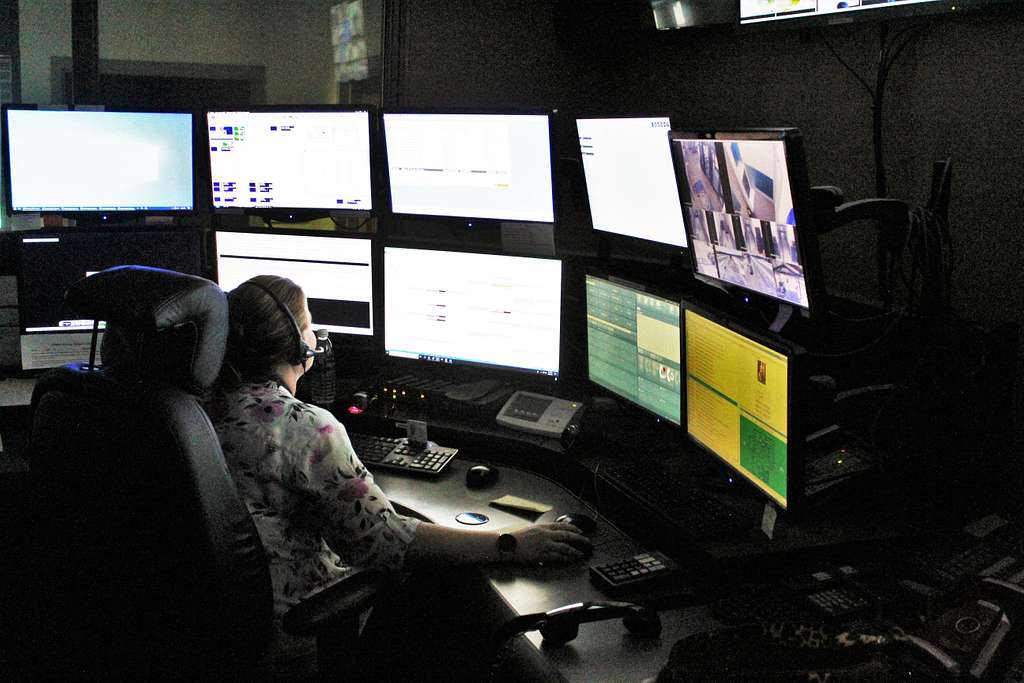In the fast paced world we live in, every second counts when it comes to emergency response. However, the 911 system, designed to be a lifeline during critical situations, is facing a growing challenge an influx of non-emergency calls that not only tie up the dispatch center but also hinder the swift response of first responder units such as fire, EMS, and police departments.
The 911 Dilemma: Unveiling the Strain on Resources
Atlanta’s E-911 Center, a vital hub for emergency response, is grappling with a surge in non-emergency calls that range from mundane requests to trivial inquiries. Homeowners seeking assistance to rearrange pillows or someone inquiring about the score of a game these are just a few examples of the calls inundating the 911 Center.
Desiree Arnold, the Director of Atlanta E-911, sheds light on the severity of the issue. “We have a large number of calls that should not be received in the E-911 Center,” she states. When these non emergency calls flood the center, it disrupts the flow of operations, tying up call center employees and preventing them from addressing genuine emergency calls.
In 2023 alone, Atlanta E-911 answered over 1.3 million calls, encompassing both emergency and non-emergency situations. Astonishingly, approximately 60% of these calls were classified as non emergency. This staggering statistic reveals the pressing need for a reevaluation of public understanding regarding when to use the 911 system across the country.
The Call for Change: Educating the Public
For years, the public has been conditioned to dial 911 for any situation that demands attention. However, with an array of resources available today, including online platforms and information databases, the 911 system is being misused for trivial matters that could be addressed through alternative channels.
Desiree Arnold emphasizes the importance of education, stating, “There are so many other resources available now. If you want to know where your loved one is in jail, go to the jail website; you don’t have to call 911 for that. We’re trying to educate the public on when is the correct time to call 911.”
Embracing Technological Solutions: Texting 911
To adapt to the changing landscape, Atlanta E-911 has introduced the option for citizens within the city limits to text 911. This allows individuals to report non emergencies, such as illegal parking or noise ordinance violations, without occupying the precious time of call center employees. Texting 911 also proves beneficial in situations where a voice call would be unsafe, such as during a burglary or domestic violence incident where the caller may be hidden.
Anticipating Change: What Lies Ahead
As we confront the challenges posed by non-emergency calls to the 911 system, the path to change necessitates a paradigm shift in our approach. It’s imperative to recognize that saying “No” to certain situations may be a crucial step in reclaiming the efficiency of emergency response. By delineating the boundaries of what constitutes a genuine emergency, we pave the way for a more streamlined and responsive system.
Speaking personally, I believe that a significant aspect of this transformation lies in addressing the state of mental health in our country. Mental health concerns are escalating, and our emergency response system must evolve to meet this growing need. Rather than burdening 911 with non-emergency mental health calls, innovative approaches should be explored to direct individuals towards specialized resources, helplines, and mental health professionals who can provide the appropriate assistance.

